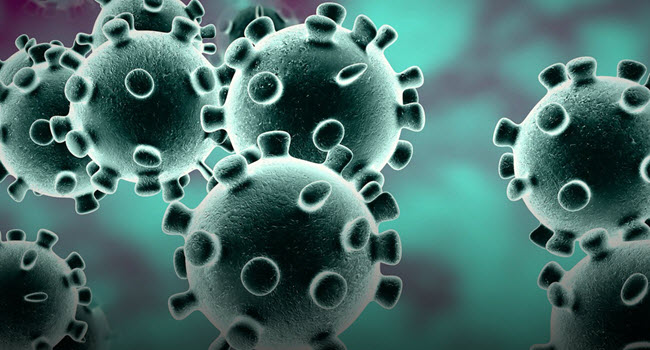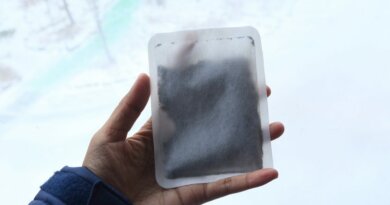Black Children Hit Especially Hard by COVID-19
THURSDAY, June 4, 2020 (HealthDay News) — Black children appear to be particularly vulnerable to the rare but severe inflammatory syndrome striking kids with COVID-19, a new French study suggests.
The syndrome may be a delayed immune response to the virus that happens several weeks after infection, the researchers said.
Many patients suffer abdominal pain, vomiting and diarrhea, unstable blood pressure and inflammation of the heart muscle.
Cases first emerged in New York City last month: A total of 195 children have contracted the syndrome, according to the city’s health department.
The syndrome affects blood vessels and organs, and has symptoms similar to Kawasaki disease and toxic shock.
A small number of cases have been diagnosed in other U.S. states, including New Jersey, California, Louisiana and Mississippi, the New York Times reported. At least 50 cases have been reported in European countries.
The new study, published June 3 in the BMJ medical journal, describes 21 children and adolescents (average age: 8) who had signs of Kawasaki-like disease and were admitted to a Paris hospital between April 27 and May 11. More than half of the children were of African ancestry.
Among the children, 90% had evidence of recent COVID-19 infection.
Seventeen children needed intensive care, but all patients were discharged without complications by May 15.
“These clinical findings should prompt high vigilance among primary care and emergency doctors, and preparedness during the coronavirus disease 2019 pandemic in countries with a high proportion of children of African ancestry and high levels of community transmission,” concluded the researchers led by Dr. Julie Toubiana, from Necker-Enfants Malades Hospital in Paris.
She and her group stressed that this is an observational study, so it can’t prove that being black causes a child’s risk for contracting the syndrome to rise. Still, they said the syndrome seems to be more common in children of African ancestry, suggesting either social and living conditions or genetic susceptibility are playing a part in the trend.
The researchers have added an important layer to the growing knowledge of this disorder, Dr. Mary Beth Son, from Boston Children’s Hospital, wrote in an accompanying editorial.
It seems highly likely that more reports will appear from around the globe, Son warned, but said in a journal news release that the French report “is the first step in this critical process” of understanding the syndrome.



